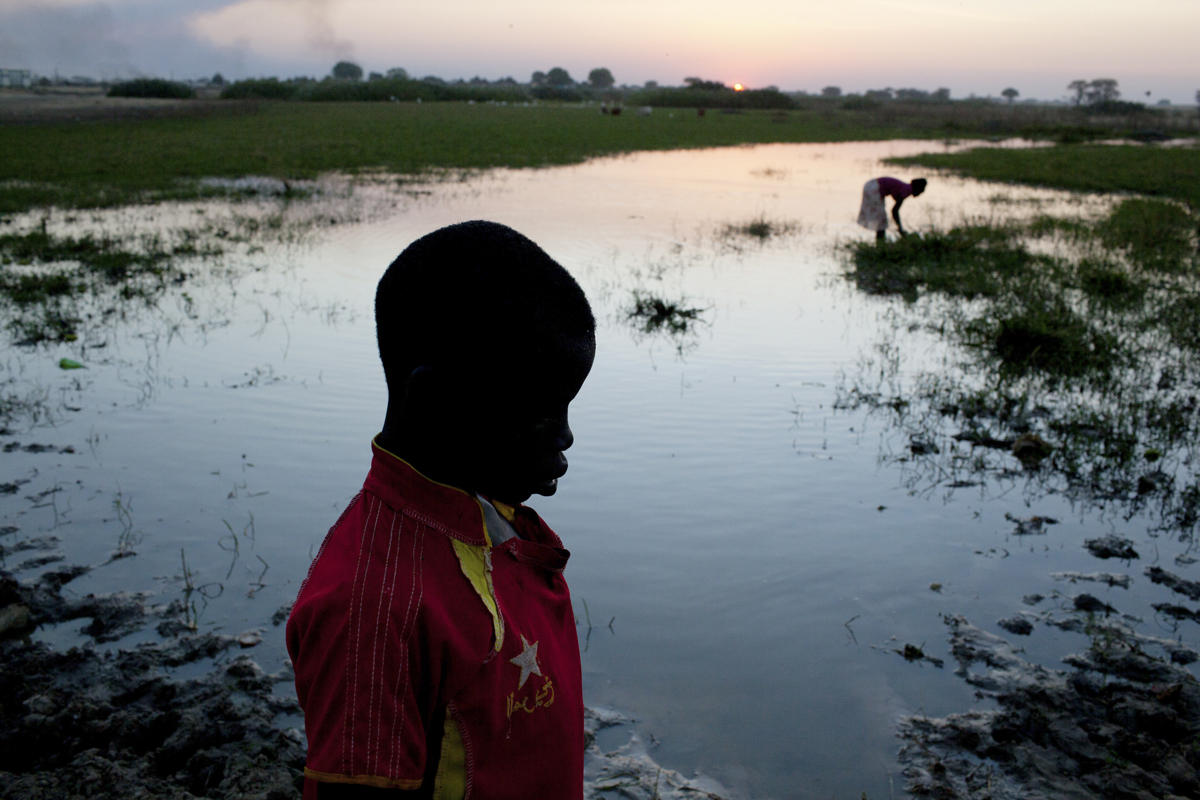Sudan's Referendum Results
USIP's Jon Temin discusses how violence could be a factor in Sudan's final referendum results.

USIP's Jon Temin discusses how violence could be a factor in Sudan's final referendum results.

Updated: President Bashir on February 7 accepted the South's vote for independence. On February 1, USIP's Jon Temin provided background on the referendum process, the south's secession and the next steps ahead. USIP experts have been tracking Sudan's referendum process.
- Is the violence in Upper Nile state a sign that the referendum may now start to create outbreaks of more violence?
- Is there anything about this particular area that is prone to violence?
Is the violence in Upper Nile state a sign that the referendum may now start to create outbreaks of more violence?
Perhaps, but it is important to note that the fighting is apparently between different elements of the northern army. The clashes involve elements of the Joint Integrated Units (JIUs), military units that were created by the 2005 Comprehensive Peace Agreement and intended to comprise northern and southern troops working together to stabilize particularly volatile areas. In practice, the JIUs have never functioned properly (the common refrain is that they are neither joint nor integrated), and have at times fought amongst themselves. This fighting appears to be between the northern army and northern elements of the JIU, who are led by a notorious commander. But it remains an open question whether, now that the referendum process is complete and southern secession seems certain, there may be an increase in violence in Southern Sudan.
Is there anything about this particular area that is prone to violence?
Upper Nile state is a strategic and volatile area because it borders northern Sudan and is the northernmost part of southern Sudan. Upper Nile is also home to some of Sudan’s oil production, raising the stakes further. It is ethnically diverse, and includes a sizable population of northern traders and businessmen who are important to the local economy. Malakal, the state capital, has seen significant violence previously, including fighting between elements of the JIUs. Upper Nile also borders Southern Kordofan and Blue Nile states, two northern states populated by many people who fought alongside the south in Sudan’s civil war. For all these reasons, Upper Nile state deserves close attention and significant domestic and international support.



